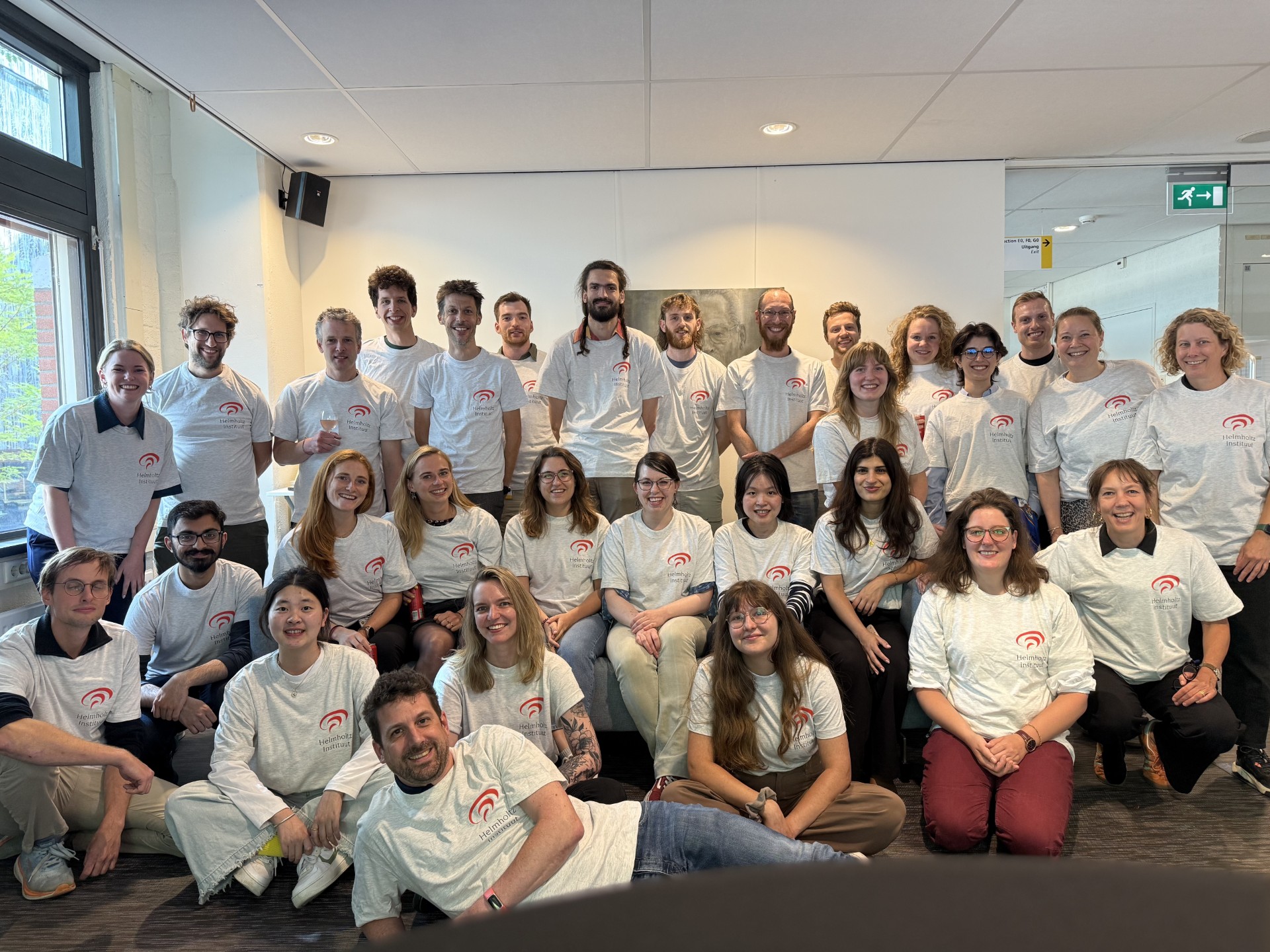Agenda
Helmholtz lecture Frank van Overwalle, May 20: “The forgotten brain: The role of the cerebellum in sequencing social actions”
Date: 20 May 2022, 4-5pm
Speaker: Prof. Frank van Overwalle from Vrije Universiteit Brussel
Title: The forgotten brain: The role of the cerebellum in sequencing social actions.
Abstract: The capacity to understand another person’s emotions, intentions, beliefs and personality traits, is termed social mentalizing. During the last two decades, social neuroscience has made great progress in understanding the neural correlates of social mentalizing. However, because the cerebellum is traditionally viewed as only involved in motor processing, the contribution of this major part of the brain in nonmotor processing has been largely ignored. Nevertheless, recent meta-analyses have supported its crucial contribution to mental processes, including social mentalizing. A comprehensive task-based functional parcellation of the human cerebellum based on a large-scale functional database, NeuroSynth was recently undertaken. This parcellation, encompassing an unprecedented diversity of tasks which were reliably associated with ontological key terms referring to psychological functions, and involving over 44,500 participants, exhibits replicability with earlier resting-state parcellations across cerebellar and neocortical structures. A large part of the cerebellar parcellation involves social mentalizing.
This raises the question: What is the exact function of the cerebellum in social mentalizing? In line with its general function of sequence detecting, we hypothesize that the cerebellum builds internal models of our social inter-actions to predict how other people’s actions will be executed, what our most likely responses are to these actions, so that we can automatize our interactions and instantly detect disruptions in these action sequences. This mechanism likely allows to better anticipate action sequences during social interactions in an automatic and intuitive way and to fine-tune these anticipations, making it easier to understand behaviors and to detect violations. This hypothesis has been tested during the last five years in our lab, using a diversity of tasks, and converged on the conclusion that the posterior cerebellum is preferentially implicated in mentalizing on social action sequences. This research has major implications on neurological disorders affecting the cerebellum such as autism, with detrimental effects on social functionality. Guided by a sequencing approach, we present some recent data involving training programs and noninvasive neurostimulation to address these mentalizing impairments.
Teams link to the meeting (this meeting will be hybrid): https://bit.ly/3LWjJws


